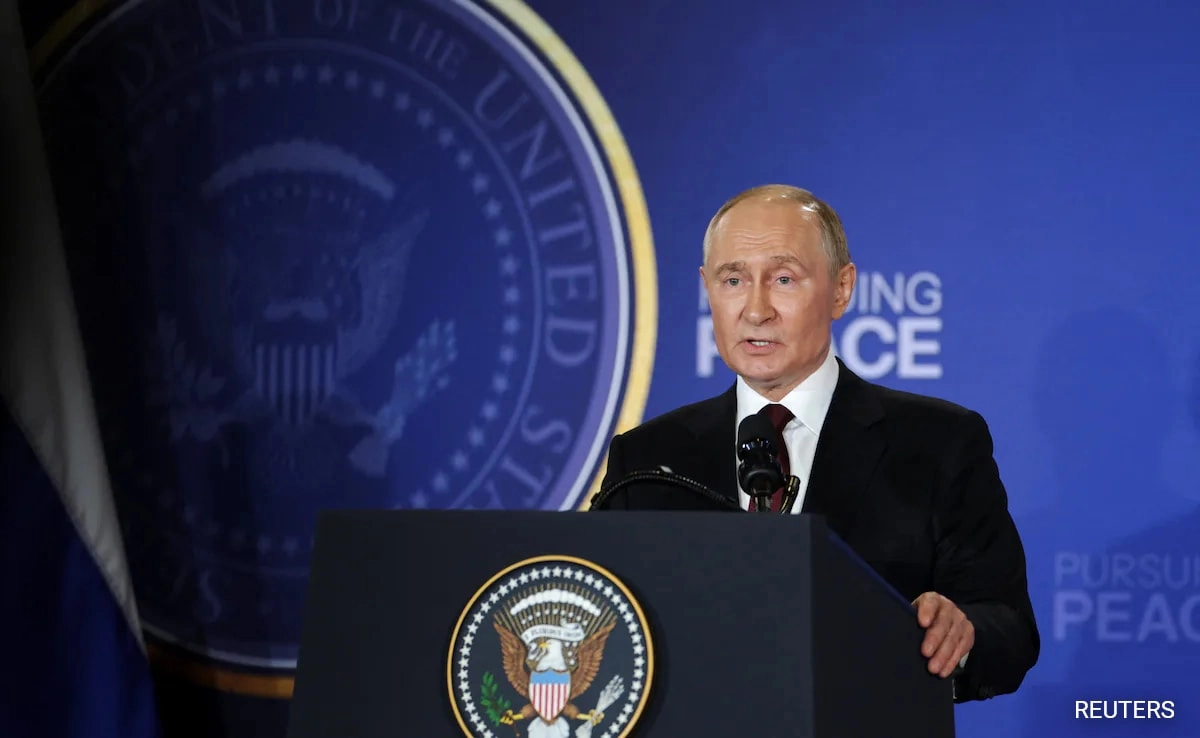During a joint briefing with then-President Donald Trump, Russian President Vladimir Putin addressed a range of topics, notably focusing on the complex and often contentious relationship between Russia and the United States. The two leaders discussed the critical need for improved dialogue between their nations, emphasizing the importance of cooperation in various global issues. Putin expressed his hope that their meeting would mark a turning point in U.S.-Russia relations, which had been strained for years due to a host of geopolitical conflicts and mutual suspicions. He underscored that constructive dialogue could lead to better understanding and resolutions to pressing international challenges.
Putin also highlighted the ongoing situation in Ukraine, an issue that has been a significant point of contention between Russia and Western countries. He reiterated Russia’s stance on the conflict, suggesting that the West’s involvement in Ukraine had exacerbated tensions. The Russian leader called for a more nuanced understanding of the situation, arguing that external influences had complicated the internal dynamics of Ukraine. This perspective reflects Russia’s broader narrative that positions its actions as defensive rather than aggressive, painting a picture of a nation responding to perceived threats from NATO and Western powers.
The joint briefing served not only as a platform for discussing bilateral relations but also as a stage for both leaders to project their respective narratives to the global audience. Trump’s remarks often pivoted to a desire for better relations, aligning with Putin’s call for collaboration. However, the underlying tensions remained palpable, with both leaders aware that their nations’ histories and interests are deeply intertwined, yet often in opposition. The discussion illuminated the complexities of diplomacy in the modern era, where historical grievances and contemporary conflicts continue to shape interactions between powerful states.
As the world watched, the briefing underscored the delicate balance that exists in U.S.-Russia relations. It also raised questions about the potential for genuine progress in resolving long-standing disputes. The meeting was a reminder that dialogue, while crucial, is often fraught with the weight of history and the realities of international politics. The future of U.S.-Russia relations, as articulated by both leaders, hinged on their ability to navigate these complexities and find common ground, particularly concerning sensitive issues like Ukraine, which remains a flashpoint in their interactions. The implications of their discussions would resonate far beyond the immediate context, influencing geopolitical dynamics for years to come.




